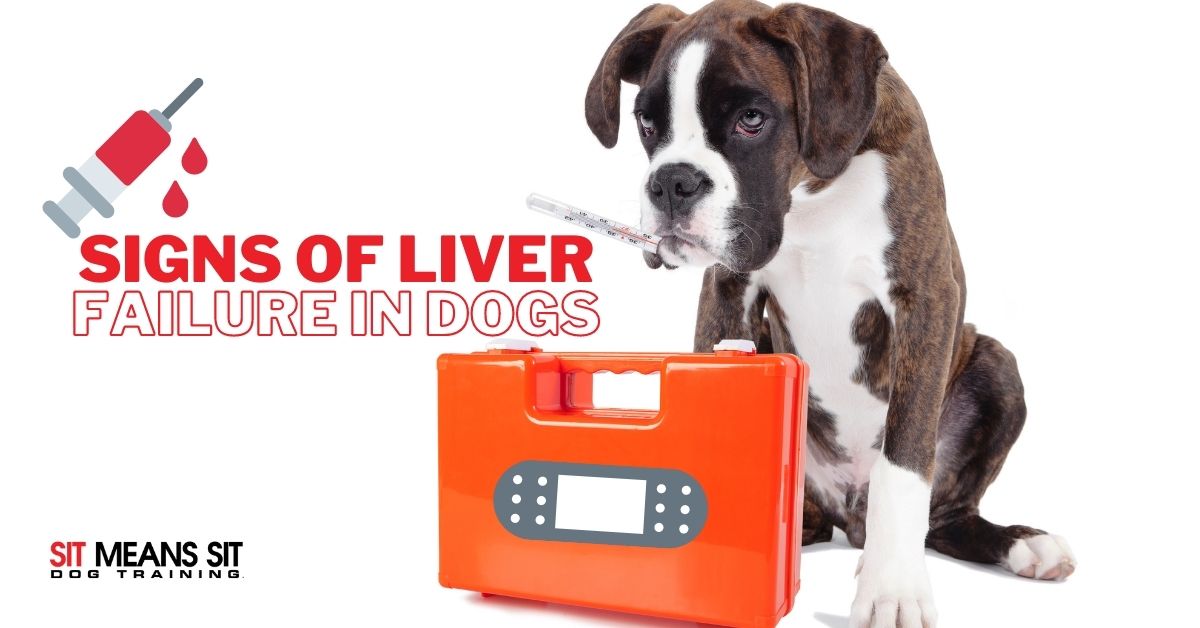
Signs of Liver Failure in Dogs
Liver disease can be a very scary issue, but knowing the signs may decrease the chance of this disease seriously affecting your dog’s life.
The liver is one of the body’s vital organs, even for dogs, which helps with digestion, blood clotting, detoxifying blood, and serves other important roles. When a liver is not working right, it can negatively impact many aspects of your dog’s life, so it is important to know the warning signs of liver failure. When caught early on, there is a much greater chance of recovery than if realized too late.
Causes
There are several conditions that can lead to liver disease in dogs. Some of those conditions include:
- Certain mushrooms
- Viral infections
- Ingestion of a toxic substance
- Blue-green algae, such as that found in lakes and ponds
- Trauma to the liver such as from a heat stroke or accident
If your dog has had a previous condition such as gallstones, cancer, diabetes, hyperthyroidism, or similar endocrine diseases, they may be more likely to develop liver disease.
There are also certain dog breeds that are more susceptible to liver diseases, so do research on your specific breed to investigate the diseases they may be more prone to.
Stages
There are four stages to liver disease:
- First Stage – Abnormal inflammation, can typically be treated with medicine or diet changes
- Second Stage – Fibrosis, the liver begins to harden, but can still be treated and typically reversed
- Third Stage – Cirrhosis, permanent liver scarring
- Final Stage – Liver failure, the liver is unable to function properly
Treatments
Depending on the cause of the disease, there are certain treatments that work best for different toxins and severity levels. There are antioxidants, medications, supplements, or diet changes that may work best depending on the root of the issue.
Signs
It is typically difficult to catch the signs of liver disease early on because it can look different for varying breeds and the signs can be subtle. It is a good rule of thumb to inquire with your veterinarian if your dog is acting, eating, or looking differently than they typically do.
Several common symptoms of liver disease are:
- Swollen stomach
- Blood in urine or feces
- Seizures
- Jaundice
- Loss of appetite
- Vomiting
- Excessive urination
Sometimes, but not often, liver disease can lead to neurological issues as well.
If you notice any of these signs, your dog should be taken to the veterinarian as soon as possible as there may be time to reverse or combat the disease. If caught early on, there is a chance of recovery in your dog so that they may continue living a happy, healthy life.
